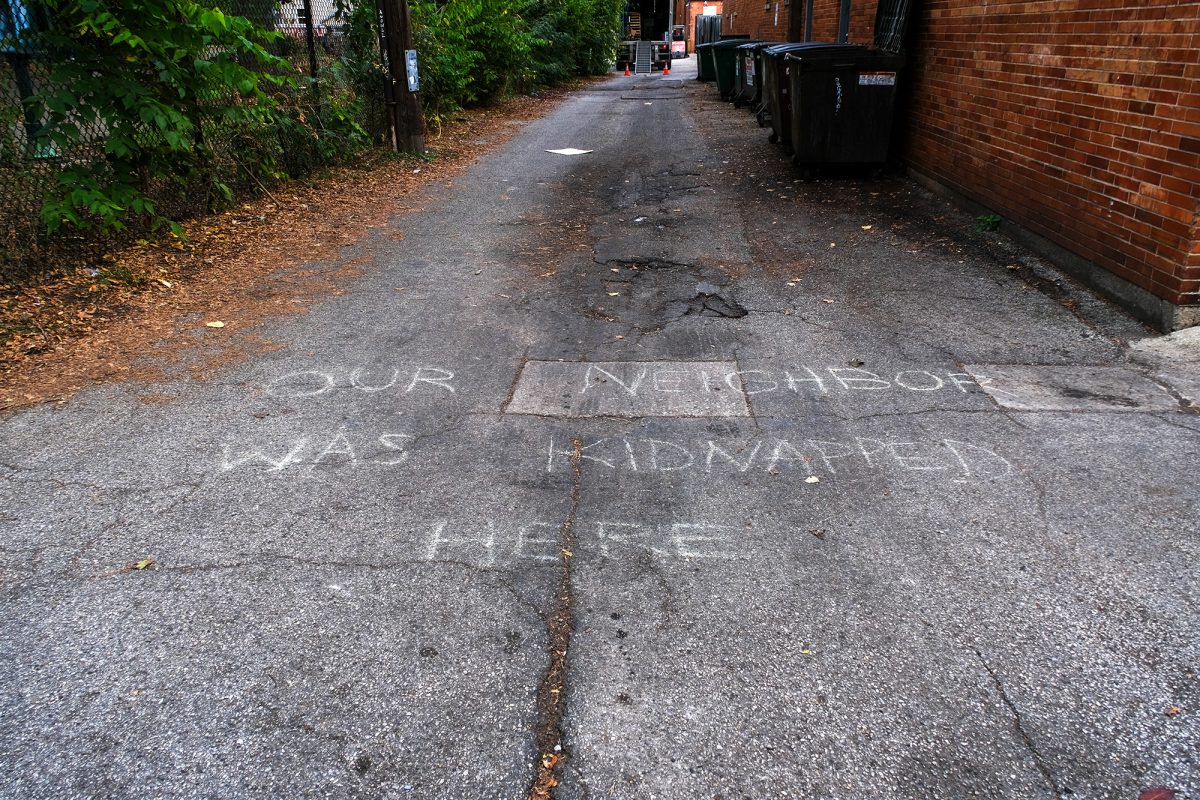UChicago’s University Research Administration received notice last week that all active and upcoming grants from the National Endowment for the Humanities (NEH) to the University would be terminated. According to the NEH website, the NEH had been funding 10 active projects at the University worth a total of $3.1 million. It is unclear how much of this funding has already been allocated and what will be lost due to the cuts.
The announcement comes after the Department of Governmental Efficiency Service (DOGE) placed 145 NEH staff members—80 percent of the NEH’s staff—on administrative leave. The New York Times reported last week that the NEH planned to cancel more than 85 percent of current grants and would focus on “patriotic programming” going forward.
Founded in 1965 under President Lyndon B. Johnson, the NEH has provided over $6 billion in funding to museums, universities, libraries, and other cultural institutions from all 50 states. Before the cuts, the NEH was funding more than 1,200 active projects and had a combined annual budget of roughly $200 million.
The NEH cancellations come amid several other cutbacks to academic research under the Trump administration. On February 7, the administration sought to limit “indirect” costs in National Institutes of Health (NIH) grants, threatening $52 million annually awarded to UChicago. NIH also canceled six UChicago research grants worth nearly $6 million in March.
Two UChicago researchers told the Maroon that NEH Acting Chairman Michael McDonald initially conveyed the grant termination to the University Research Administration, which then notified researchers. A professor in the College, who spoke to the Maroon on the condition of anonymity, described the termination letter as “laconic” and “a very weird and bone-chilling text.”
Associate professor Niall Atkinson, who leads a project to produce a digital map of 15th-century Florence, told the Maroon that the termination of his $349,969 grant was unexpected. “I called the person who was listed as our grant specialist.… She said that my grant looked good and everything was fine [on] Wednesday, and [the grant] was terminated Thursday.”
Atkinson said that his team’s planned trips to Florence to carry out topographic work and architectural analysis have been suspended. He noted that the biggest consequence of the grant termination is the loss of income for researchers on the project.
“The worst part of losing the grant is the fact that my colleague who’s working out of Virginia—this was her only income,” he said.
Concerning the possibility of the University resisting the broad assault on higher education, Atkinson remarked that the University “probably can’t do much without the approval of the Board of Trustees.”
“That seems to be, for me, the real problem in getting any real action or resistance going on from University,” he said. “[The Trustees’] obligations are raising money and the financial soundness of the University. They have nothing to do with academics or research.”
“I think part of the reason the University is not just automatically offsetting the losses that it’s seeing in the humanities right now is that they’re… worried about more [losses] to come,” the other professor said.
The Division of the Arts & Humanities directed the Maroon to a spokesperson for the University, who did not respond to a request for comment.















Concerned Alumnus / Apr 11, 2025 at 7:38 pm
Universities should now step in to fund research to the highest possible degree. This is not going to be a permanent phenomenon — the unwillingness of Federal government to support scholarship and free inquiry, and an alarming outright hostility to the exchange of ideas and promulgation of knowledge. But until such time as balance can be restored and a return to the principles that actually make America great can be vouchsafed, institutions will need to step up and fund the work being done there. Is this not, ultimately, what a university is for?